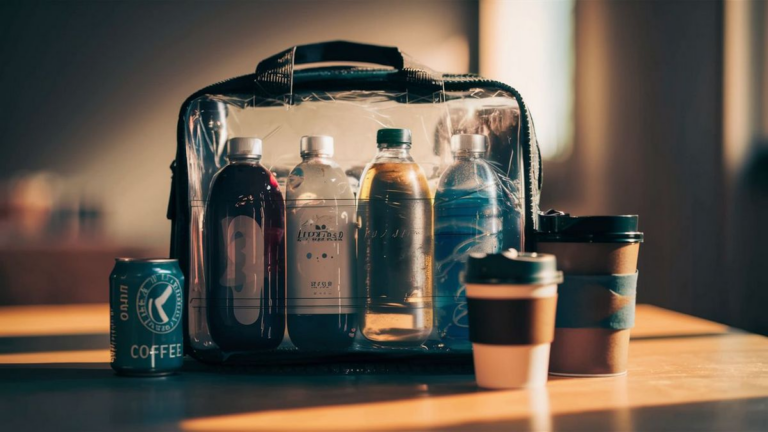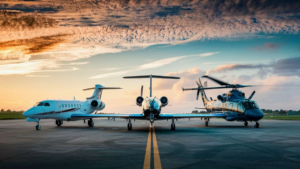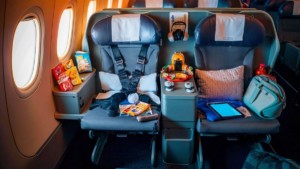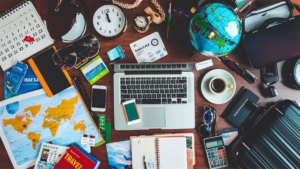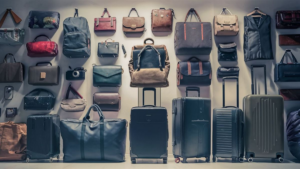Planning your journey via air travel comes with a checklist of considerations, including what you can and cannot bring onboard, particularly when it comes to beverages. “Can you take drinks on a plane?” is a common inquiry among travelers seeking clarity on airline regulations. Let’s delve into the guidelines surrounding this topic to ensure a smooth and informed travel experience.
Understanding Airline Regulations
When it comes to carrying drinks onto a plane, regulations may vary depending on the airline and the type of beverage. While some beverages are permitted, others may be subject to restrictions or outright bans.
Permissible Beverages
Most airlines allow passengers to bring sealed, non-alcoholic beverages onboard, such as bottled water, juice, or soda purchased from airport vendors beyond the security checkpoint. These items are typically permitted as long as they comply with the Transportation Security Administration (TSA) guidelines for carry-on liquids.
Alcoholic Beverages
Alcoholic beverages, however, are subject to stricter regulations. While some airlines may permit passengers to bring their own alcohol for consumption during the flight, it’s essential to adhere to specific guidelines. Typically, alcohol must be in its original, sealed container and served by airline staff. Bringing open containers or consuming personal alcohol onboard may violate airline policies and could result in penalties.
Considerations for Packing Beverages
Whether you’re carrying non-alcoholic or alcoholic beverages, proper packing is crucial to avoid spillage or damage during transit. Here are some essential considerations:
- Securely seal all beverage containers to prevent leaks.
- Use durable containers that can withstand pressure changes during the flight.
- Check airline guidelines regarding the quantity and types of beverages allowed.
Exceptions and Special Circumstances
While there are general guidelines regarding carrying beverages on a plane, certain exceptions and special circumstances may apply. These could include medical reasons requiring specific beverages or allowances for duty-free purchases made at the airport.
When it comes to bringing drinks onboard a plane, understanding airline regulations and guidelines is essential to ensure compliance and a hassle-free travel experience. By adhering to these regulations and packing beverages appropriately, passengers can enjoy their journey while staying informed and prepared.
Frequently Asked Questions
Here are some common questions travelers may have regarding bringing drinks on a plane:
| Question | Answer |
|---|---|
| Can I bring my own alcohol on the plane? | Some airlines allow passengers to bring their own alcohol, but it must be in its original, sealed container and served by airline staff. |
| Are there restrictions on the types of non-alcoholic beverages I can bring? | Most airlines permit sealed, non-alcoholic beverages such as bottled water, juice, or soda purchased beyond the security checkpoint. |
| What should I do if I have specific dietary needs requiring special beverages? | Passengers with specific dietary needs should contact their airline in advance to inquire about accommodations for special beverages. |
Packing Tips
Ensuring your beverages are properly packed can help avoid spillage and damage during travel. Consider the following tips:
- Use leak-proof containers to prevent spills.
- Opt for sturdy containers that can withstand pressure changes during the flight.
- Check with the airline for any restrictions on the quantity and types of beverages allowed in carry-on luggage.
Duty-Free Purchases
Passengers may wonder about the rules regarding duty-free purchases of alcoholic beverages. Generally, duty-free alcohol bought at the airport can be carried onto the plane, but it’s advisable to verify with the airline beforehand.
Conclusion
Understanding the regulations and guidelines for bringing beverages on a plane is crucial for a smooth travel experience. By following airline policies and packing beverages appropriately, passengers can enjoy their journey without any unnecessary complications.
See also:

